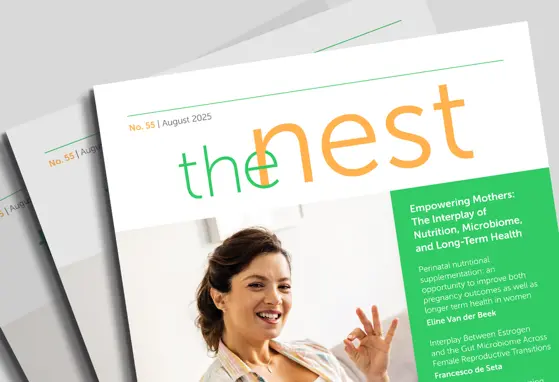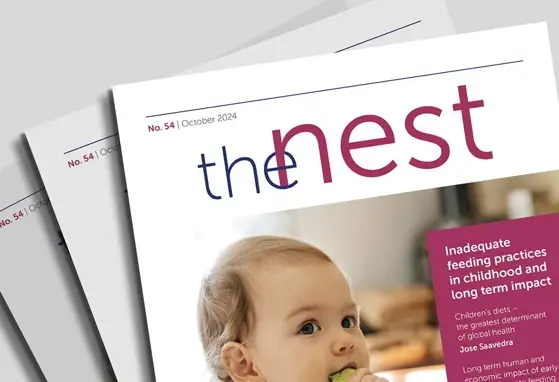The Nest

The Nest 32: Gastro-Intestinal Disturbances in Infancy and Childhood
The Nest 32: Gastro-Intestinal Disturbances in Infancy and Childhood

The Nest 31: Importance of Nutrition during the First 1000 Days of Life
The Nest 31: Importance of Nutrition during the First 1000 Days of Life



The Nest 28: Childhood Allergy and Food Intolerance
The Nest 28: Childhood Allergy and Food Intolerance





